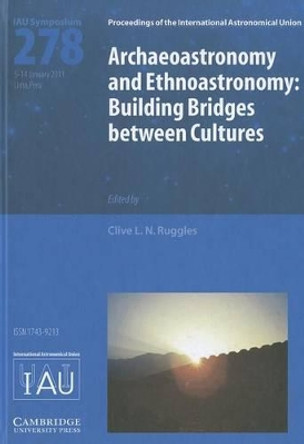An Anglican clergyman and fellow of the Royal Society, John Harris (c.1666-1719) was an important promulgator of Newtonian science, through private teaching, public lectures and published writing. His Lexicon Technicum (1704) may be considered the first encyclopaedia in English. In the present work, published in 1719, Harris presents for his well-to-do readership a series of didactic conservations between a gentleman of science and an aristocratic lady. He aims to induce 'persons of birth and fortune' to dedicate some of their 'happy leisure ... to the improvement of their minds', and uses quotes from poets such as Samuel Butler and John Dryden to help elucidate scientific concepts. In particular, Harris explains the use of contemporary scientific apparatus (and expensive status symbols) such as terrestrial and celestial globes. The book ends with a description of the ultimate contemporary symbol of scientific refinement: the orrery, a working model of the solar system.
This 1719 work by an Anglican clergyman and scientist explains the use of globes and orreries for a well-to-do readership.Book InformationISBN 9781108080194
Author John HarrisFormat Paperback
Page Count 210
Imprint Cambridge University PressPublisher Cambridge University Press
Weight(grams) 270g
Dimensions(mm) 216mm * 140mm * 12mm





![The Boston School Atlas. with Elemental Geography and Astronomy, Etc. (Fourth Edition.) [Maps, with Explanatory Text.] by Anonymous 9781240862450 The Boston School Atlas. with Elemental Geography and Astronomy, Etc. (Fourth Edition.) [Maps, with Explanatory Text.] by Anonymous 9781240862450](https://cdn11.bigcommerce.com/s-zkx5lhzlf8/images/stencil/444x444/products/2901148/2900483/9781240862450__68821.1715186747.jpg?c=1)



